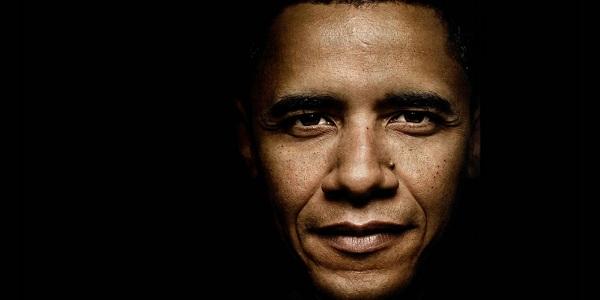The Obama Dilemma

Yet, what are the alternatives? From a progressive or leftist perspective there are none. Mitt Romney would likely represent a more pugnacious tonal shift in regards to foreign policy and redistribution of wealth, but his presidency, I would argue, would look markedly similar to Obama’s. Rick Santorum’s presidency would be a disaster to anyone concerned with civil liberties and sexual rights. There has been a robust debate in many progressive circles regarding the utility of Ron Paul as a candidate and his foreign policy principles. Paul’s anti-imperialist message certainly has a deep resonance with many progressives and I agree with people like Greenwald that assert that his mere presence in the Republican debates is important for the very fact that his message is reaching an audience that would otherwise solely hear candidates regurgitate bellicose, chauvinistic, and militaristic bluster.
Nonetheless, Paul is far from the progressive answer. He is against the Civil Rights Act, which should in and of itself arrest any modicum of an inclination to support him. Moreover, he has a long history of troublesome and racist remarks, many of which his campaign says cannot be attributed to him because they were not written by him. They were just in his newsletter… called the Ron Paul Newsletter. He wants to abolish the Federal Reserve and return to the gold standard. He thinks private charity should be the mechanism for addressing the massive structural inequalities of society. Of course, there are so many reasons that Paul cannot be considered by progressives and leftists. We can simply be glad that there is one person on the right with a sensible and circumspect foreign policy and move on from there.
So what should progressives and leftists do? It is clear now that the symbolism of Obama’s presidency is much less important than many, including myself, originally held it to be. The election of an African-American president was touted by many as proof of the greatness of America as we were able to overcome the deep and painful legacy of slavery, Jim Crow, and subsequent malignant institutional racism. However, what we truly needed in the White House was a President willing to challenge the prevailing neoliberal economic orthodoxy and the bipartisan neoimperialist consensus. The symbolism of Obama’s election, while still important, is dramatically less meaningful three years on. If Obama was elected in the 1970’s, this would arguably be a different story. The most important civil rights issue of our day is economic inequality and Obama is either unwilling or incapable of addressing it in a structural way. Given the institutional structure of American politics in its current iteration, progressives, and leftists will never have an ideal candidate. Nonetheless, we must hold our leaders accountable and as such I find it difficult to personally justify voting for President Obama this coming fall.
As the Arab uprisings and the Occupy movements have saliently evidenced, there are other, arguably more important, outlets to express our grievances and demand redress. Despite what the media or the two party establishments may want the public to believe, donating to political parties, candidates, or Super PACs and voting are not the only methods of political action. So next November when we will all be faced with a choice of two candidates we shouldn’t feel as though we must necessarily vote for the lesser of two evils. If you cannot vote for President Obama in good conscience, then simply do not vote. It is high time that progressives and leftists more resoundingly demonstrated that the Democratic party can no longer reflexively count on our vote while they stomp on our beliefs.
Adam Gallagher is a PhD student in Political Science at George Mason University and a contributor to the academic blog Tropics of Meta.









